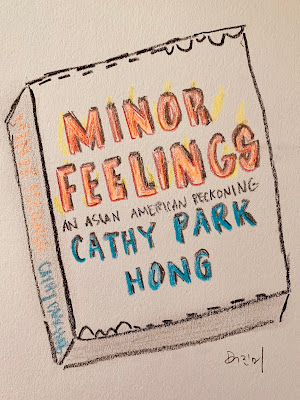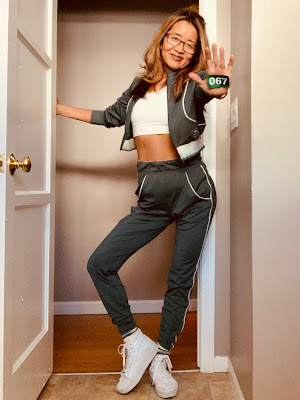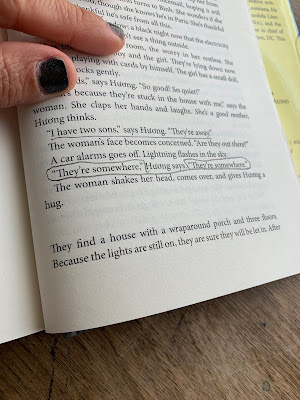By 6PM, Gerardo is finally in a bed and I along with all other hospital visitors are kicked out and I decide to not return home but to check myself into a Hilton. I need to enter a room where nothing about it is medical. And before I do, I need to find a table for one where I can order an entree from a menu that I eat while being seated the whole time. And after the meal, I need to dive into a bed with crisp sheets and before I fall asleep, to allow myself to break apart into tiny pieces as I sob into a pillow. I don't shower. I fall asleep in the same clothes.
I text with friends to express my anger about everything. I hate everything and everyone and most of all I need the pressure of Christmas to be over.
I wake up and go to my local Starbucks on Main Street where the manager and baristas know me and my family's situation and have been nothing but classy and comforting to me. As I approach the counter to order my usual (Hot Venti Americano with cream on the side), my favorite barista is two steps ahead of me because he's seen me from afar and likely surmised that I've had a rough night. He has already made me my usual and comes to give it to me in the middle of the line and says it's on the house. The Americano gets mixed with tears that I chug down. Salty good.
Gerardo is discharged that night. Christmas is almost over, thank God. And as we carefully walk up the two stairs to enter the house, I am reminded that I need to contact John, our handy guy, to build us a ramp so Gerardo doesn't have to climb up and down the two steps every time. Two steps don't sound like much until they become much. I see the holiday wreath that my talented friend Dori has made and quietly hung on my door, along with black and cream ribbon that I had admired on her neck some weeks ago left for me with a note of friendship.
Sleep happens. Wake happens. I start tidying the house, and see this card atop a gift bag that I can tell Monica will be giving me later in the day. I weep again, not because I feel myself breaking apart but because I feel myself gathering my parts back together. And I say to myself what Mr. Bergstrom has reminded Lisa Simpson to do in times of need, which is to remember who I am. I shower, tie the ribbon around my neck and get to the business of getting our family to exchange the love.




















